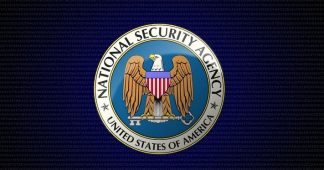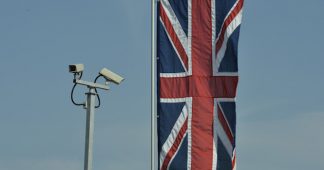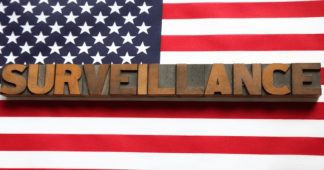By Roger Hodge
Voice-based internet services like Amazon’s Alexa and Apple’s Siri have only recently become widespread, but Ava Kofman reports that the NSA has long had the ability to identify (and track) individuals using the sound of their voice — no matter where you are, even if you’re speaking in a foreign language or on a burner phone. Classified documents from the Snowden archive provide a secret history of the NSA’s speaker recognition program and suggest that the internet-connected listening devices — phones, cars, thermostats, refrigerators, lightbulbs, and even trash cans — that increasingly surround us could provide U.S. law enforcement and intelligence agencies with unprecedented opportunities to invade our privacy.
Despite the NSA’s history of spying on U.S. citizens, Senate Democrats joined Republicans in reauthorizing Section 702 of the Foreign Intelligence Surveillance Act, which allows the NSA to sweep up communications between Americans and foreign targets without a warrant. The bill, which passed in the House of Representatives last week without an amendment adding modest protections against abuses, also contains measures enhancing the FBI’s powers to spy on Americans without a warrant.
Finding Your Voice
Forget About Siri and Alexa — When It Comes to Voice Identification, the “NSA Reigns Supreme”
By Ava Kofman
t the height of the Cold War, during the winter of 1980, FBI agents recorded a phone call in which a man arranged a secret meeting with the Soviet embassy in Washington, D.C. On the day of his appointment, however, agents were unable to catch sight of the man entering the embassy. At the time, they had no way to put a name to the caller from just the sound of his voice, so the spy remained anonymous. Over the next five years, he sold details about several secret U.S. programs to the USSR.
It wasn’t until 1985 that the FBI, thanks to intelligence provided by a Russian defector, was able to establish the caller as Ronald Pelton, a former analyst at the National Security Agency. The next year, Pelton was convicted of espionage.
Read more at https://theintercept.com/2018/01/19/voice-recognition-technology-nsa/?utm_source=The+Intercept+Newsletter&utm_campaign=d5b1983aa9-EMAIL_CAMPAIGN_2018_01_19&utm_medium=email&utm_term=0_e00a5122d3-d5b1983aa9-131467637











